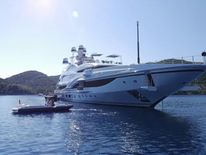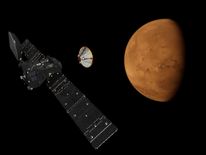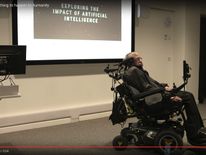Disgraced tycoon Sir Philip Green was denounced as a "billionaire spiv", a "Napoleon" and a "Robert Maxwell" by MPs as they approved an amendment to have him stripped of his knighthood.
They said the businessman did not deserve the honour after he "robbed" BHS employees of their pensions and "beat it black and blue".
Speaking in the House of Commons, Labour MP Frank Field said Sir Philip was not the "King of the High Street" but a "very successful traditional asset stripper".
BHS collapsed in April after Sir Philip sold it to the twice bankrupt Dominic Chappell.
Eleven thousand workers lost their jobs and 22,000 pensioners were hit by a £571m black hole in the pension fund.
Despite assuring MPs four months ago that he would act to help the pensioners, Sir Philip has provided no concrete proposals.
Conservative MP Richard Fuller moved the amendment for the Honours Forfeiture Committee to recommend Sir Philip be stripped of his knighthood.
He said the tycoon, who was knighted in 2006 for services to retail, had the summer to "find his moral compass" but failed to do so.
Labour MP David Winnick said Sir Philip was a "billionaire spiv who had shamed British capitalism".
He said it was astonishing the businessman had been ennobled in the first place given his "well-known tax arrangements" that saw him pay "minimal tax" in the UK.
In the main, Sir Philip's business is in his wife's name and she is resident in the tax haven of Monaco.
MPs said BHS has been run as a Green family fiefdom and £1.3bn had "found its way" up to Lady Green.
Chairman of the work and pensions select committee, Mr Field, said Sir Philip Green had not "rescued" BHS, which would have marked its 90th anniversary in 2018, when he bought it.
He said he had purchased a "prosperous" firm with a healthy pension fund.
His ownership had allowed him to acquire the Arcadia group, whose "crown jewels" was Topshop.
Labour MP Iain Wright said Sir Philip "took the rings from BHS's fingers. He beat it black and blue.
"He starved it of food and water and put it on life support. And then he wanted credit for keeping it alive."
Veteran Labour MP Dennis Skinner likened Sir Philip to the late media mogul Robert Maxwell saying that he had "robbed" employees.
In August, Sir Philip reacted angrily when Sky News tried to quiz him on his failure to act as he holidayed on his £100m yacht, Lionheart, in the Greek islands.
Business minister Margot James said the Prime Minister was willing to pass further legislation if necessary as a result of the outcome of investigations into BHS.
She said BHS directors were being investigated and action would be taken if they were found to have failed to act appropriately.
Shadow business secretary Clive Lewis said that legally Mr Green had done nothing wrong but that the "bent" system had allowed him to act as he had.
He said the law must be changed to "make sure this never happens again".
In her Conservative Party Conference speech, Theresa May put businessmen who "treat tax laws as optional extras" on notice and hit out at the bosses who "earn a fortune but doesn't look after your staff".





